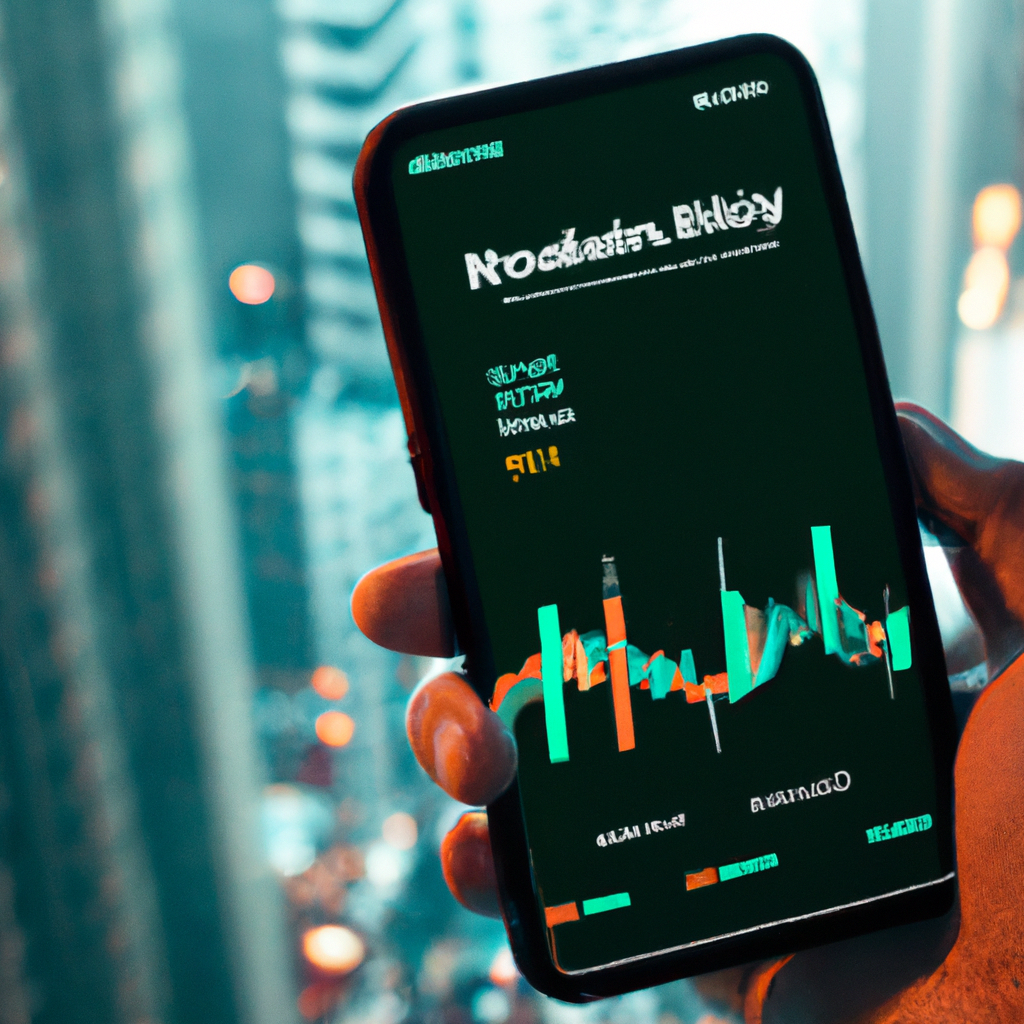On Monday, investment platform Robinhood temporarily suspended trading amid a significant stock market decline.
During early trading, the S&P 500 dropped by 4%, while the Dow Jones Industrial Average fell by 1,197 points, or 3%, as of 9:35 a.m. This market turmoil caused a worldwide panic, leading to a dramatic 12.4% decline in Japan’s Nikkei 225.
Many users on social media platform X shared screenshots of a message in the Robinhood app, informing them that trading would not be available during the volatility. The alert stated, “The 24 Hour Market is currently unavailable. You can still place an order for another trading session.”
A source familiar with the situation informed The National Desk that Robinhood had experienced some canceled trades during the overnight session, but the platform has been operational since the market opened on Monday.
According to its website, Robinhood complies with stock market “circuit breakers,” which are predetermined criteria for trading halts established by the U.S. Securities and Exchange Commission. A Level 1 circuit breaker is activated when the S&P 500 falls 7% from its previous day’s closing price, resulting in a 15-minute trading pause. If the S&P 500 declines by 20%, a Level 3 circuit breaker is triggered, leading to a closure of the market for the rest of the day. Circuit breakers can only be activated once daily.
Representative Marjorie Taylor Greene, R-Ga., expressed her views on X regarding the actions of major trading firms during the market’s volatility. She stated, “These brokerage firms are reporting errors for retail investors while institutional investors are able to make trades. That’s too many platforms to be a coincidence. Controlled to stop panic selling in order to prevent a crash. Go ahead, call me a conspiracy theorist, I could care less. But I’ll challenge you back. Prove me wrong.”
Robinhood faced scrutiny from lawmakers in 2022 when retail investors pushed the prices of low-value stocks like GameStop, AMC, and Blackberry higher. The company eventually suspended trading on these popular stocks and was ordered to pay $70 million in fines and restitution to the affected investors.
